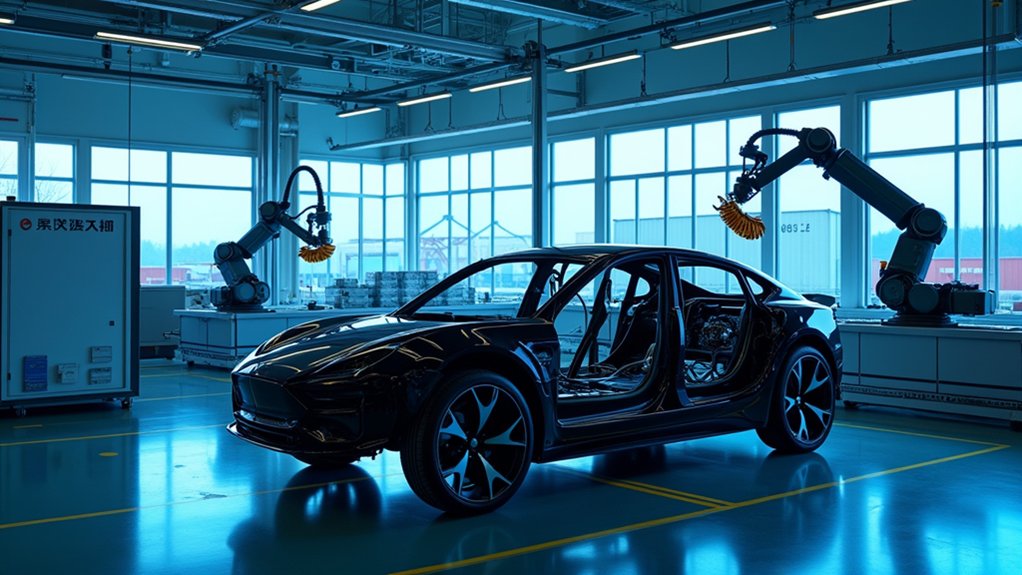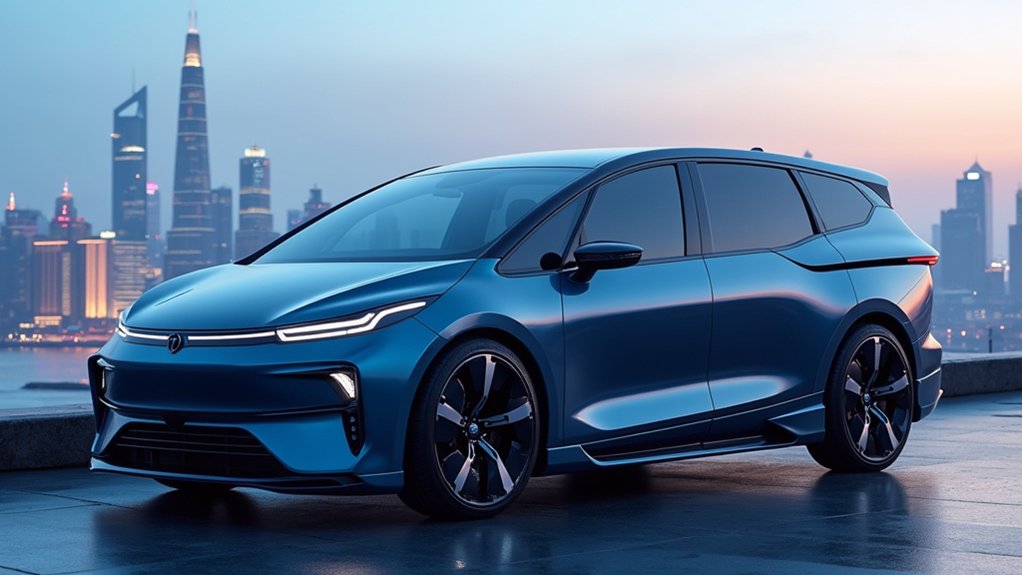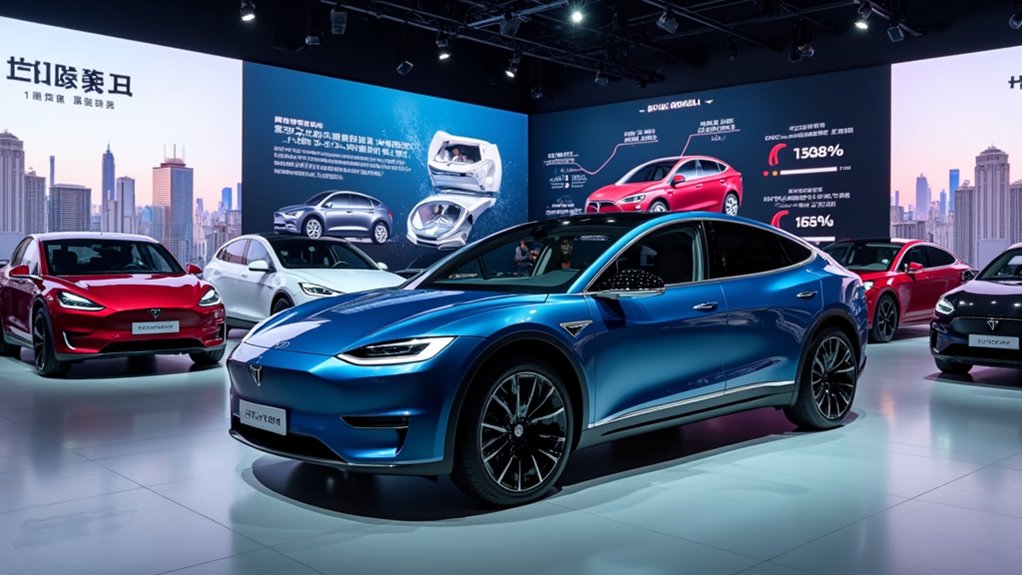While the tech industry continues to evolve at a breakneck pace, Foxconn, the Taiwanese manufacturing giant behind Apple’s iPhones, is making a strategic pivot into electric vehicles to reduce its dependence on smartphone production. The company has invested over $1.3 billion in automotive acquisitions over the past decade, positioning itself to leverage its expertise in electronics manufacturing for the rapidly expanding EV sector. The company’s ambitious vision includes capturing 40% of global EVs in the coming years.
At the heart of Foxconn’s EV strategy lies the innovative MIH Open Platform, a modular chassis and software toolkit designed to accelerate development for other automakers. This approach mirrors Foxconn’s successful business model in electronics—manufacturing for multiple brands rather than competing directly with established players. Their partnership with Yulon Motor to produce the Model B compact SUV represents an early success story.
The company’s collaborations extend beyond Yulon to include Stellantis for smart cockpit technologies and Fisker for manufacturing the affordable PEAR model. These partnerships demonstrate Foxconn’s commitment to becoming the automotive equivalent of what it already is in the tech world: the go-to contract manufacturer for brands seeking production expertise. This strategy may prove effective given that two-thirds of automakers fear competition from tech giants like Apple and Google entering the EV space.
Foxconn’s approach offers compelling advantages. Their modular designs enable faster production timelines, while their electronics background facilitates advanced cockpit features. With global EV market value projected to reach market value of $620.3 billion by 2030, Foxconn’s entry timing appears strategic. Perhaps most importantly, their unparalleled mass production capabilities could greatly lower EV costs, potentially solving one of the industry’s most persistent challenges.
However, the American market presents formidable obstacles. Unlike the smartphone industry, automotive manufacturing requires traversing complex regulatory frameworks and local content requirements. The company faces a particularly intimidating challenge in securing reliable battery supply chains—ironically, the same roadblock that reportedly derailed Apple’s own EV ambitions under Project Titan.
Despite these challenges, market trends suggest Foxconn’s timing could be opportune. With EV adoption accelerating and governments offering substantial incentives, the demand side of the equation looks promising. If Foxconn can successfully translate its manufacturing prowess to the automotive sector, it may yet revolutionize EV production just as it did for smartphones.









